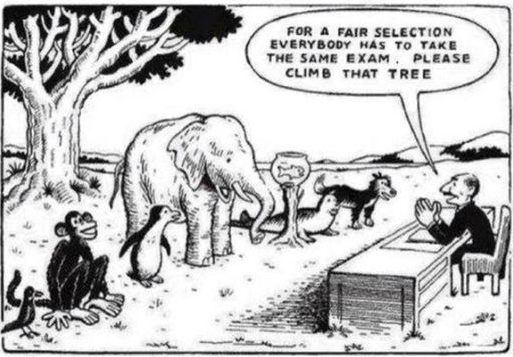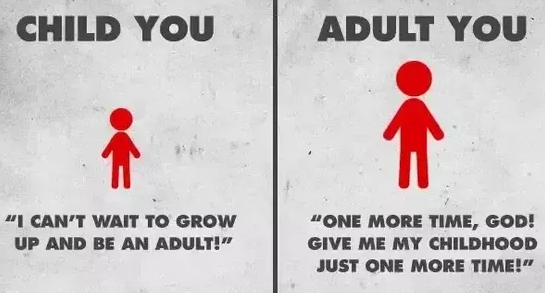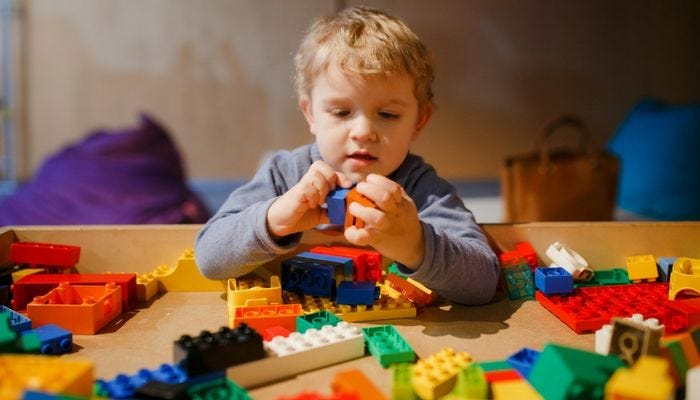
Keys to a successful educational system
 11 min
11 min
Keys to a successful educational system
As I was preparing for a new article about education for weeks now, I discovered a great educationalist, Sir Ken Robinson, and decided that my next blog would be mainly inspired by one of his TED talks, because it expresses the conclusions that I came to lately in a very elegant way from a person who dedicated his entire life for this cause.
Sir Ken thinks that there are 3 principles on which human life flourishes, and they are all contradicted by the current culture of education under which most teachers have to labor and most students have to endure.
-
Human beings are naturally different and diverse: Most current educational systems are based not on diversity, but on conformity. Schools are encouraged to find out what kids can do across a very narrow spectrum of achievement, usually on what we call STEM that are necessary, but not sufficient, and kids prosper best with a broad curriculum that celebrates their various talents, using parts of their minds that are otherwise unexplored.

Human beings are curious: If you can light the spark of curiosity in a child, they will learn without further assistance ( speaking for myself but, I think this is also applicable for adults ), because children are natural learners and it is a real accomplishment to put that particular ability out, making curiosity like an engine for achievement.
Picasso once said: “Every child is an artist. The problem is how to remain an artist once he grows up”. If you are not prepared to be wrong, you will never come up with anything original. And by the time they get to be adults, most kids have lost that capacity.

But to reach that level, you need proper ways for that, and a good teaching system that should not be considered as just “a delivery system” that passes on the received information, which is a part of the job, but not the only one. Great teachers also mentor, stimulate, provoke, and engage because, in the end, education is about learning. But there is a major problem which is that the dominant culture of education has come to focus on, not teaching and learning, but testing, which is not necessarily wrong and it should support learning not obstruct it, which of course, it often does and instead of curiosity, we end up with a culture of compliance where students and teachers are encouraged to follow routine algorithms rather than excite that power of imagination and curiosity.
Educational systems are predicated on the idea of academic ability, and there is a reason: There were no public systems of education before the 19th century, they all came into being to meet the needs of industrialism and the 2nd industrial revolution, and the hierarchy is rooted on two ideas :
-
The most useful subjects for work are at the top
-
Academic ability, which has come to dominate our view of intelligence
3. Human life is inherently creative: It is why we all have different résumés, and it is why human culture is so interesting, diverse, and dynamic. We all create our own lives through a restless process of imagining alternatives and possibilities, and a major role of education is to awaken our creativity. Instead, the current culture is about standardization and it does not have to be that way.

Let’s look at the Finnish example for instance, where education is about creating identity. Finnish culture values intrinsic motivation and the pursuit of personal interest. It has a relatively short school day rich with school-sponsored extracurriculars, because culturally, Finns believe important learning happens outside of the classroom.
But what all high-performing systems in the world do is :
-
Individualize teaching and learning, embracing the curiosity and creativity of each child as we mentioned before.
-
Devolve responsibility to the school level for getting the job done, in other words, is to have a bottom-up model rather than a top-down where the government decides they know best and they are telling teachers what they do. The problem is that education happens in classrooms and schools, not in closed chambers full of deputies. Because most policymakers consider education like an industrial process that can be improved just by having better data and fine-tuning, but it will not, and it never did. It is not a mechanical system, it is a human system, about people who either want or do not want to learn, and every student who drops out has a reason for it: they may find it boring, irrelevant, or any other unique reason, and you cannot really predict or study that.
-
Attribute a very high status to the teaching profession. In Finland, only one in ten applicants to teaching programs is admitted. After a mass closure of 80 percent of teacher colleges in the 1970s, only the best university training programs remained, elevating the status of educators in the country. Teachers in Finland teach 600 hours a year, spending the rest of time in professional development, meeting with colleagues, students, and families. As opposed to the U.S. model for example, where teachers are in the classroom 1,100 hours a year, with little time for feedback. Putting money on professional development of teachers is not a cost, it is an investment.
The takeaways from this are that we have to recognize that education is a human system, and there are conditions under which people thrive, and conditions under which they do not. The hope on a failed or dropout student under most of the current educational systems is not dead, it is dormant. Beneath the surface are these seeds of possibility waiting for the right conditions to come about, and for this example, I can cite a wonderful movie that I watched years ago called Freedom writers, which is based on a real story by a teacher called Erin Gruwell and her students.
The real role of leadership in education is not and should not be command and control, but climate control: creating a climate of possibilities, and by doing that, you can expect people to do things that you completely did not anticipate. Here is a wonderful quote by Benjamin Franklin :
There are three sorts of people in the world: Those who are immovable, people who don’t get it, or don’t want to do anything about it; there are people who are movable, people who see the need for change and are prepared to listen to it; and there are people who move, people who make things happen.
“If we can encourage more people, that will be a movement, and if the movement is strong enough, that’s in the best sense of the word, a revolution. And that is what we need.” — Sir Ken Robinson
I hope you liked this, and I am always looking for your feedback and opinions, so let me know in the comments what do you think about it, and how we can improve our educational systems.
References









 English
English
 Français
Français
 Deutsch
Deutsch
 Italiano
Italiano
 Español
Español



 Contribuer
Contribuer









 Tu peux soutenir les auteurs qui te tiennent à coeur
Tu peux soutenir les auteurs qui te tiennent à coeur





